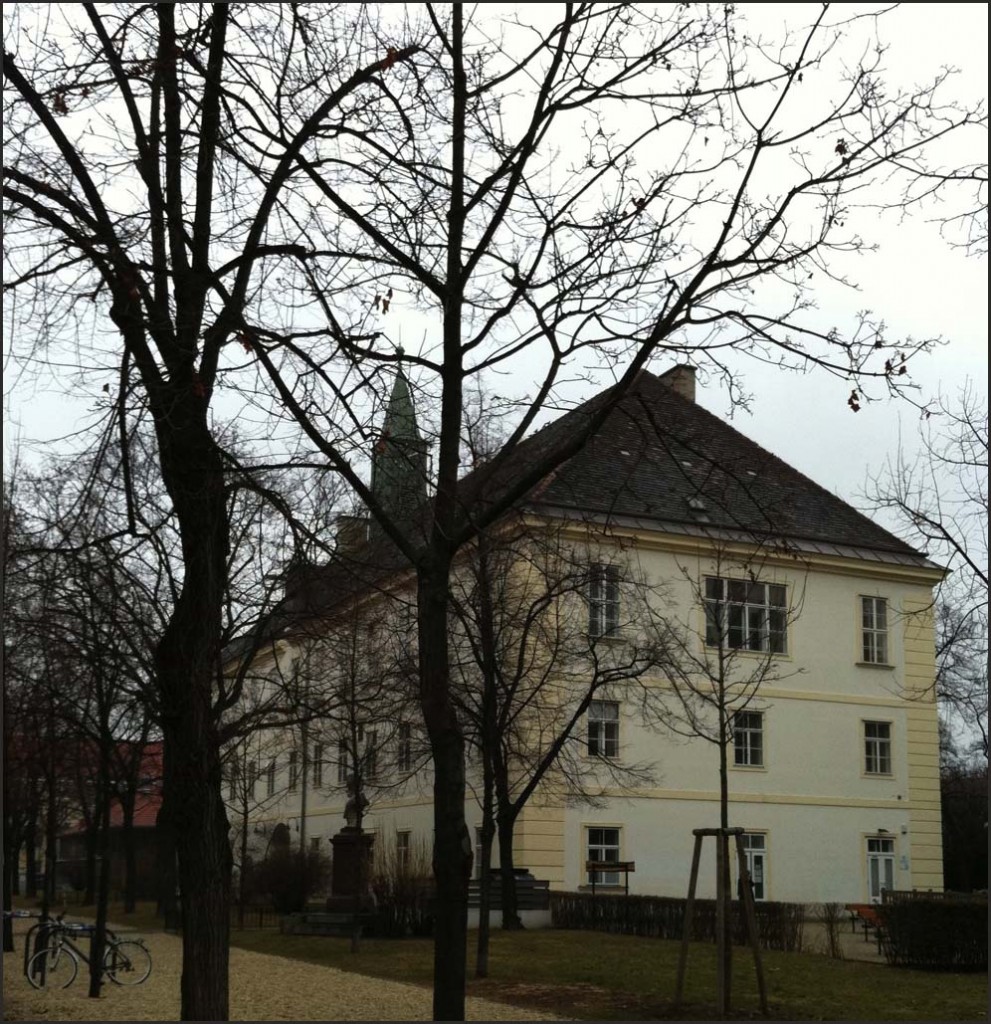SAWS (Sharing Ancient Wisdoms) Workshop 
16-17 February, 2011 – University of Vienna – Department of Oriental Studies
Team:
London: Charlotte Roueché, Stuart Dunn and Mark Hedges, Charlotte Tupman
Uppsala: Denis Searby and Måns Billund
Vienna: Elvira Wakelnig, Ines Dallaji-Hichr, Lorenz Nigs
Attending:
Aliento: Marie-Sol Ortola, Marie-Christine Varol
CASG (Corpus der arabischen und syrischen Gnomologien): Ute Pietruschka
D.A.R.E. Digital Averroes: Raphaela Veit
eAqua: Marco Büchler, Charlotte Schubert
Fragmentary Texts: Monica Berti
HiFoS (Historische Formelhafte Sprache und Traditionen des Formulierens): Natalia Filatkina
HyperHamlet: Regula Hohl-Trillini
Interedition: Tara Andrews (tbc)
TextGrid: Wolfgang Pempe
Apologies:
BiblIndex: Laurence Mellerin
Scriptorium: Raphael Lyne
DMM, The Dynamics of the Medieval Manuscript: Bart Besamusca
Agenda
Wednesday 16 February
I. Meeting one another: a brief (5-10 minutes) factual introduction of each project
What are you working on
What is the (i) chronological and (ii) geographic scope of your material?
How do you work?
What existing use of digital resources (of any kind) do you currently make?
Describe the workflow you use when editing a text with a list of tools,/software that you use
Coffee
II. Shared Questions
The following questions may apply to many or all projects. Please think about what you would like to present under each heading.
As a by-product, it could be useful to devote a small amount of time to discussing definitions/preferred terms for various aspects of the texts? Are there any problematic definitions? Please bring a list of your local terminology, and we will do the same.
1 Identifying
What do you think your unit of research is? A citation? A proverb? Something else?
How do you identify it? And how do you mark it up?
How many different kinds of units of research are we dealing with?
Lunch
2. Goals
(i) What textual, historic or social research questions do you approach?
(ii) Have you carried out any use-case research? What research questions are other scholars likely to use your work to pursue?
3. Searching
How do you find your units? How important are search mechanisms for you?
4. Publication
What form will your publication(s) take?
(1) Collections
(2) Complete texts
Printed editions are simple, and need not concern us: Will you be contributing to one or more online libraries? Will this involve non-textual resources such as images or maps?
Thursday 17 February
5. Relationships
What kinds of relationship do you think about between your units? What definitions of relationship have you come up with? Are the relationships quantitative, qualitative, direct, inferred, explicit, implicit, semantic, textual, literal, linguistic? Are they internal to your text, or external, or both?
How do you describe these relationships? Can we compile a shared list of relationships?
6. What next?
What other questions do we need to engage with, in further workshops?
What tools do we need?
